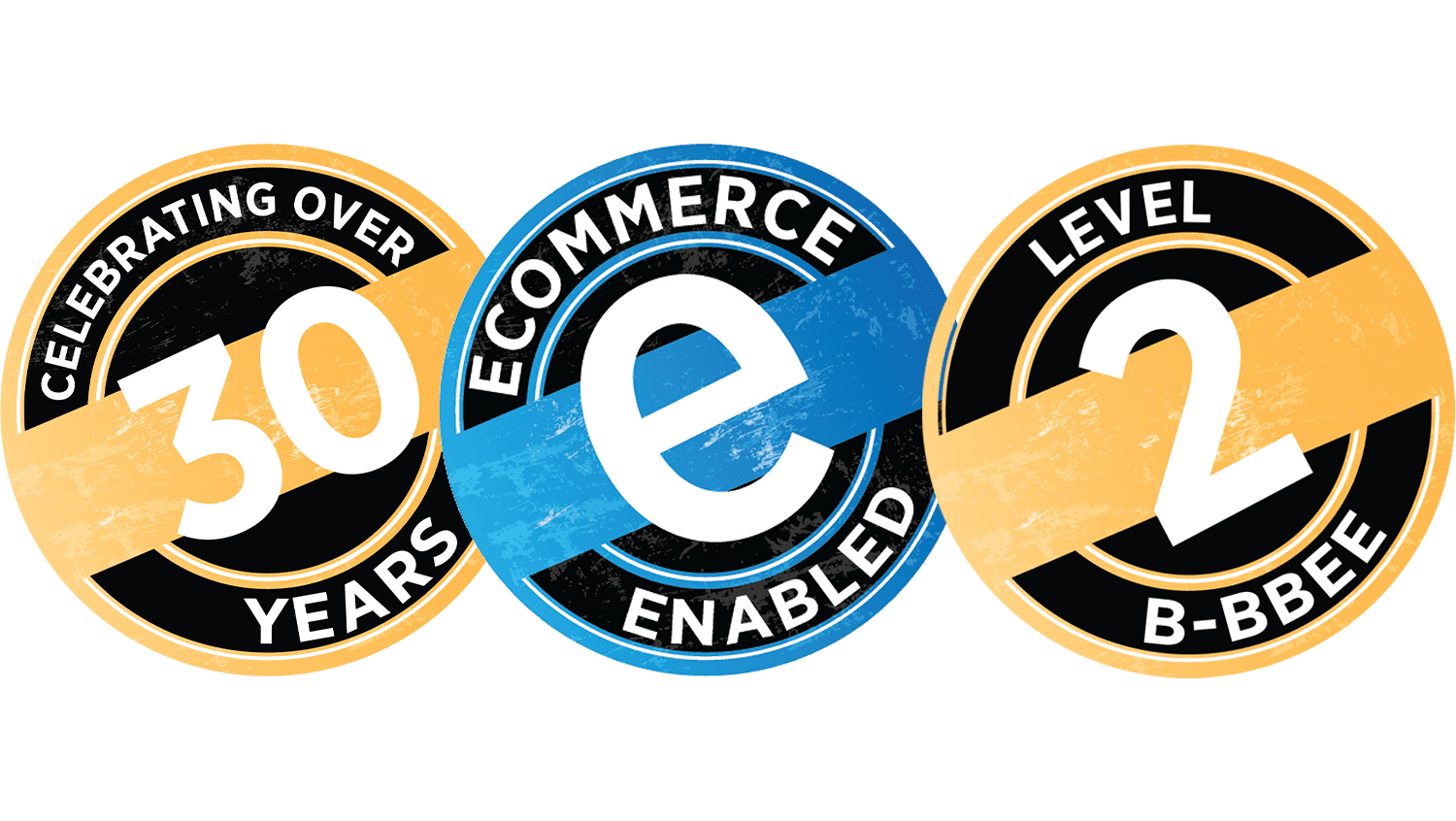How to Earn LEED Materials & Resources Points for Green Buildings
LEED (Leadership in Energy and Environmental Design) is an ecology-oriented building certification program run under the auspices of the U.S. Green Building Council (USGBC)
When LEED v4 was launched in 2013, many changes came along with it. One of the major adjustments, in our opinion, has to do with an overhaul of the LEED Materials & Resources credits.
LEED v3 called on project crews to source building products based on a percentage of the total cost of materials that made up the LEED building project. It focused exclusively on single product attributes (such as recycled content) and materials costs.
LEED v4 instead places urgency on the importance of product lifecycle and transparency of product ingredients. LEED Materials & Resources credits now encourage project teams to invest in products and materials that disclose lifecycle information, track environmental impacts of products and reveal the chemical ingredients used in the product. Not only does this switch to the LEED Materials & Resources credits encourage project teams to spend time seeking out environmentally responsible products, but it also benefit manufacturers that produce products with improved (and verified) lifecycle impacts.
How to Earn LEED Materials & Resources Points
To gain points in the LEED Materials & Resources category, project teams will need to source 20 qualifying products sourced from five different qualifying manufacturers. These manufacturers, and the products they produce, that have environmental product declarations (EPDs) and either health product declarations (HPDs) or material health assessments (MHAs) can contribute to LEED points.
Even if you’re not currently pursuing a LEED project, paying attention to the building products you use – including cable – offers benefits. Products that can offer LEED Materials & Resources credits ensure that:
- Products and materials have known hazards revealed
- Products and materials have undergone processes to document their lifecycle and environmental impacts
Read full article



